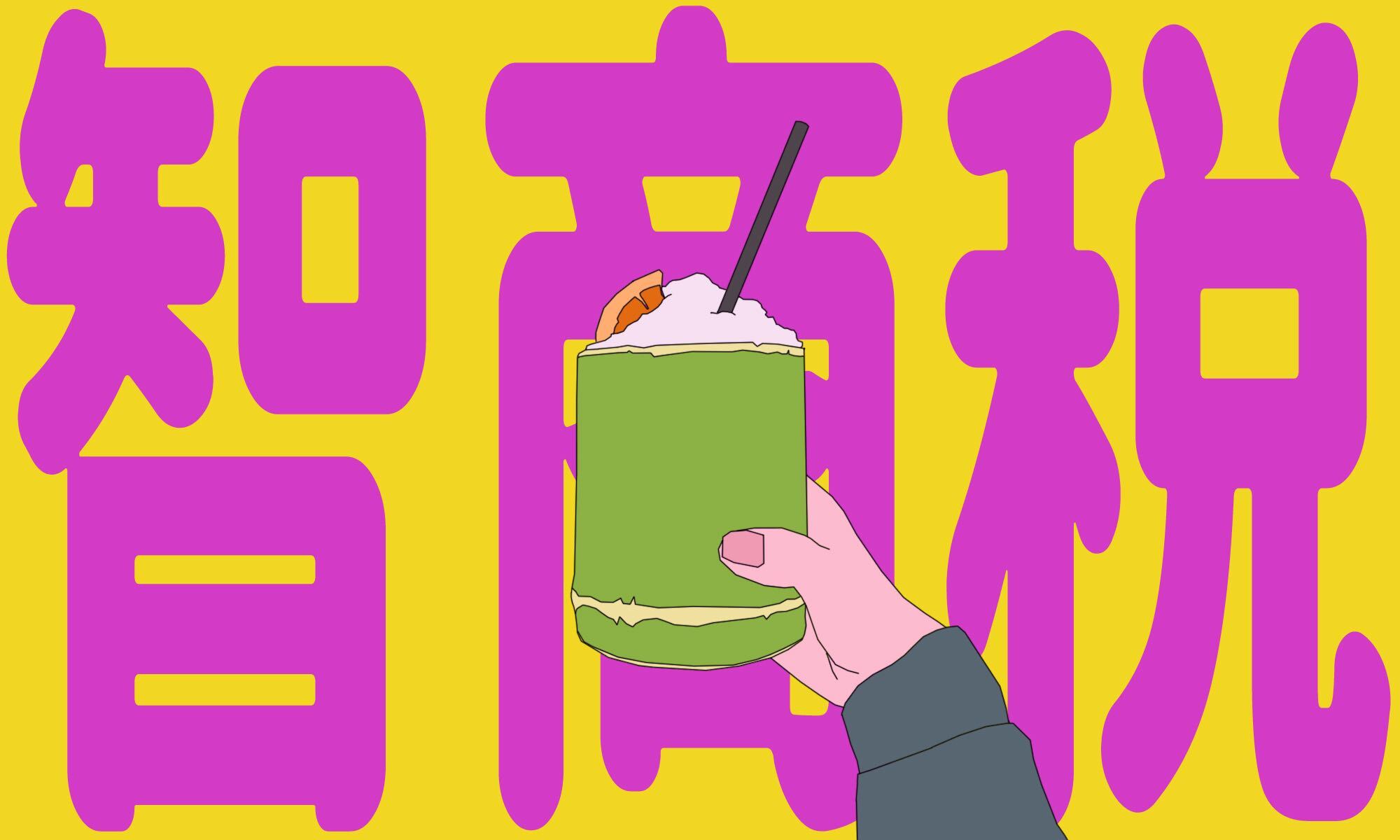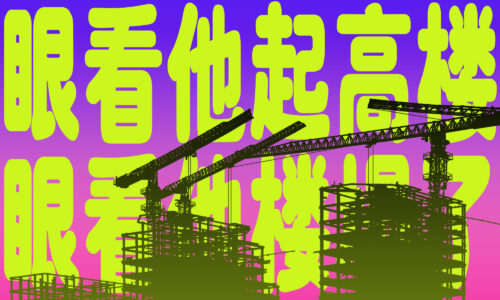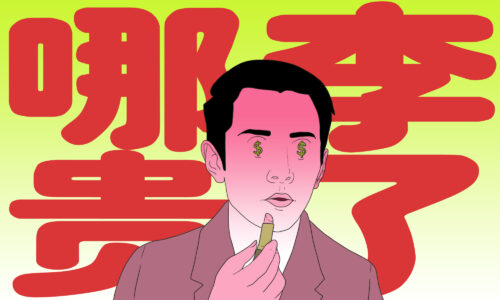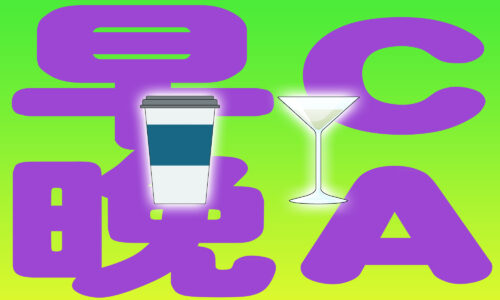‘Stupid tax’ — Phrase of the Week
Milk tea in bamboo is a new drink popular with consumers, but some also say it's a rip-off. And there's a Chinese phrase for that!

Our Phrase of the Week is: Stupid tax (智商税 zhìshāng shuì).
The context
Milk tea (奶茶 nǎichá) is big business in China, with the market size expected to surpass 120 billion yuan ($17.7 billion) by the end of 2023, according to some reports.
A new variation of the product, milk tea in bamboo (竹筒奶茶 zhútǒng nǎichá), which first started in Suzhou, has become hugely popular in many cities and tourist destinations across China in recent months. It’s the same drink, but packaged in a bamboo tube, which is usually branded with the Chinese characters of the place name or tourist destination.
Milk tea in bamboo is more expensive than your average cup of milk tea. It costs up to 30 yuan (more than $4) in some tourist destinations. By purchasing the “celebrity product” (网红产品 wǎnghóng chǎnpǐn), customers are also buying the experience of sharing images online of their holiday destinations.
But as with any new consumer craze in China, milk tea in bamboo has problems. A shop in Hangzhou selling milk tea in bamboo has drawn criticism online from consumers and is now being investigated by regulators for food safety problems. The business is suspected of selling milk tea in moldy bamboo tubes and then re-using them to sell more tea to unsuspecting customers. It follows a video shared online that showed employees cleaning used bamboo tubes with dirty water in an alleyway behind the shop.
So China’s latest consumer craze may be over before it got started:
Just as milk tea in bamboo became popular, some people have questioned whether it’s just businesses harvesting the IQ tax of consumers.
在竹筒奶茶刚爆火时,就有人提出了质疑,认为这是商家在收割消费者的智商税。
Zài zhútǒng nǎichá gāng bàohuǒ shí, jiù yǒurén tíchūle zhìyí, rènwéi zhèshì shāngjiā zài shōugē xiāofèizhě de zhìshāng shuì.
And with that, we have our Phrase of the Week.
What it means
The phrase IQ tax (智商税 zhìshāng shuì) is an internet slang term that has been around since 2013. It describes someone who has bad judgment or makes bad decisions about their purchases, paying a high price for a poor product.
Its earliest use was how people described buying a lottery ticket:
Playing the lottery is a kind of “low IQ tax,” with the phrase first appearing in the Quora-like platform Zhihu.
“彩票是一种“低智商税”,最早源自于知乎。
Cǎipiào shì yìzhǒng “dī zhìshāng shuì,” zuìzǎo yuánzìyú zhīhū.
The money wasted on the product is described as “paying IQ tax” (交了智商税 jiāole zhìshāng shuì). It can also be written as 低智商税 dī zhìshāng shuì, meaning “low IQ tax.”
Milk tea in bamboo is exactly the same as normal milk tea, but because it’s packaged in a bamboo tube, it is sold at a much-higher price. So it’s a good candidate for charging consumers IQ tax, especially if it’s sold in moldy reused containers.
The phrase is used with the verb to harvest (收割 shōugē), which combines it with another common internet slang phrase: to harvest leeks, or Chinese garlic chives (割韭菜 gē jiǔcài), which means to “rip off” consumers.
So, in Hangzhou, the seller of milk tea in bamboo is ripping its customers off, but consumers are apparently willing to allow it to happen for the experience.
In English, the equivalent phrase is to pay stupid tax.






